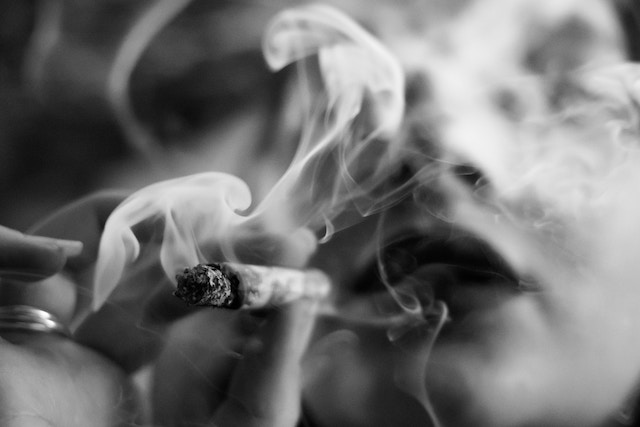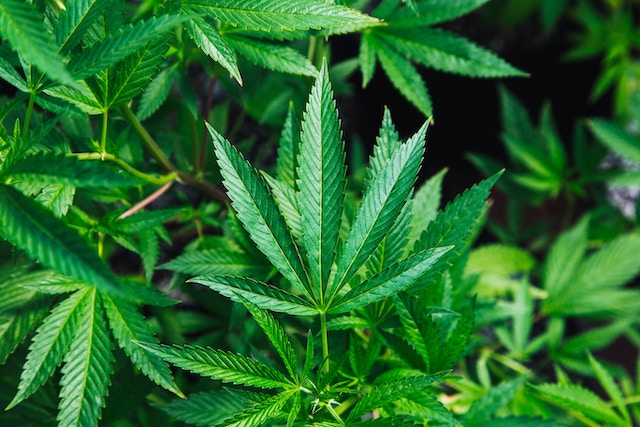The Differences Between CBD and THC You Need to Know
Are you familiar with the effects of THC? Have you heard of CBD but are unsure of what the difference between THC and CBD is?
For people who are unfamiliar with either one of these oils or both of them, there are typically a ton of questions. Luckily, we have the answers you need to help you determine which of these plant extracts you may want to use.
Keep reading to find out the differences between CBD and THC that you need to know!
Getting High
If you know anything about CBD oil, you have probably heard that it won’t get you ‘high’ and that it is non-psychoactive. While CBD oil won’t get you high, it is technically considered psychoactive.
Psychoactive chemicals include anything that affects your brain–so this means that your coffee (caffeine) in the morning, nicotine patches, and anti-depressants are all technically psychoactive.
One of the biggest differences between cannabidiol (CBD) and tetrahydrocannabinol (THC) is that CBD doesn’t cause inebriation. THC will give users a physical high (inebriation) which is often pleasurable and is caused by the bonding of THC to the cannabinoid 1 (CB1) receptors in the brain.
The CBD compound doesn’t bind with CB1 receptors, which means no euphoric feeling nor paranoia. This means that CBD is perfect for people who do not wish to experience any mind-altering effects.
Drug Screens
Many people choose not to use any type of marijuana because they fear getting caught by a drug screen. If you happen to hold a job that bans the use of THC, using CBD may still be risky.
This is because when CBD oil is extracted from the marijuana plant, there is still a small amount of THC present. This amount will not cause inebriation but could show up on a urinalysis, especially if the THC levels are higher than the legal limits for CBD oil.
Other factors to consider include whether or not the urinalysis is testing for a particular amount of THC or if the drug screen is looking for any THC at all. If there are set allowances, CBD oil will not likely make you fail a drug screen.
The Plants
Marijuana and hemp are technically two closely-related, but separate plants. Both plants may come from the Cannabis Sativa family, but they aren’t quite the same. CBD oil is derived from the hemp plant while THC comes from the marijuana plant.
For a cannabis plant to be considered ‘hemp,’ and thereby legal in far more states, it must contain no more than 0.3% THC by dry weight. This is ultimately the deciding factor between these plants.
Aside from producing CBD oil, hemp plants are used for many industrial purposes including the production of rope, clothing, personal care items, and some food. Because laws vary from state to state in regards to marijuana, these plants are not often used for industrial purposes.
Using CBD Oil
When someone opts to use CBD oil, they will find that there are just as many ways to consume it as there are ways to consume THC. Many people opt to use CBD oil sublingually (under the tongue) as it is the most effective method.
Additionally, you will find that you can use CBD by vaping it, eating items that contain the compound, or taking capsules. It may also be used topically for painful joints or muscles.
Many people use CBD oil as a non-addictive way to treat anxiety and depression, as well as for pain management, migraines, and insomnia.
Using THC Oil

THC, similarly to CBD may be inhaled by using a vape pen, marijuana cigarettes (blunts,) various other smoking apparatus, capsules, and edibles. Generally, THC is not used topically.
The benefits of using THC are quite similar to using CBD. However, it can provide stronger anti-nausea properties and increase appetite in extremely ill patients that are facing malnourishment.
Overall, opting for THC is better for symptoms that are more severe.
Legality Varies
Chances are, you’ve heard that certain states have legalized the medical and recreational use of marijuana (THC.) You also may have heard that federal regulations allow for the purchase of CBD if it contains less than 0.3% THC.
Unfortunately, each state can determine its laws regarding the purchase, possession, and consumption of both of these compounds. This makes the legality of CBD slightly less clear cut than THC, which is generally considered legal or not.
What this means is that in states that allow THC, CBD is perfectly fine. For states that have not yet legalized marijuana, they may implement laws that completely ban CBD or require lower THC percentages than what is federally mandated.
Case in point: a store in Louisiana opened to sell CBD. Because marijuana is illegal in the state, CBD is also illegal, though many cities will turn a blind eye to products that meet federal regulations.
If you are unsure about your state’s regulations on THC and CBD, it is best to do plenty of research before making any purchases–especially if your state has not legalized marijuana.
The Takeaway
Both CBD and THC oils are beneficial to your health and face many grey legal areas. These compounds are more alike than most people realize and the biggest difference in them is how the molecules bind to the receptors in your brain.
If you are in a completely legal state, consider trying THC products if you haven’t already–when purchased from a legitimate company, you can ask questions about the quality and possible inebriating effects.
CBD can be viewed as THC-lite. You will receive similar benefits of using this type of oil but will not have the euphoria produced by THC. Both products have excellent health benefits and show promising research in medical communities.
If you enjoyed this article and would like to read other helpful information, check out the rest of our website!

